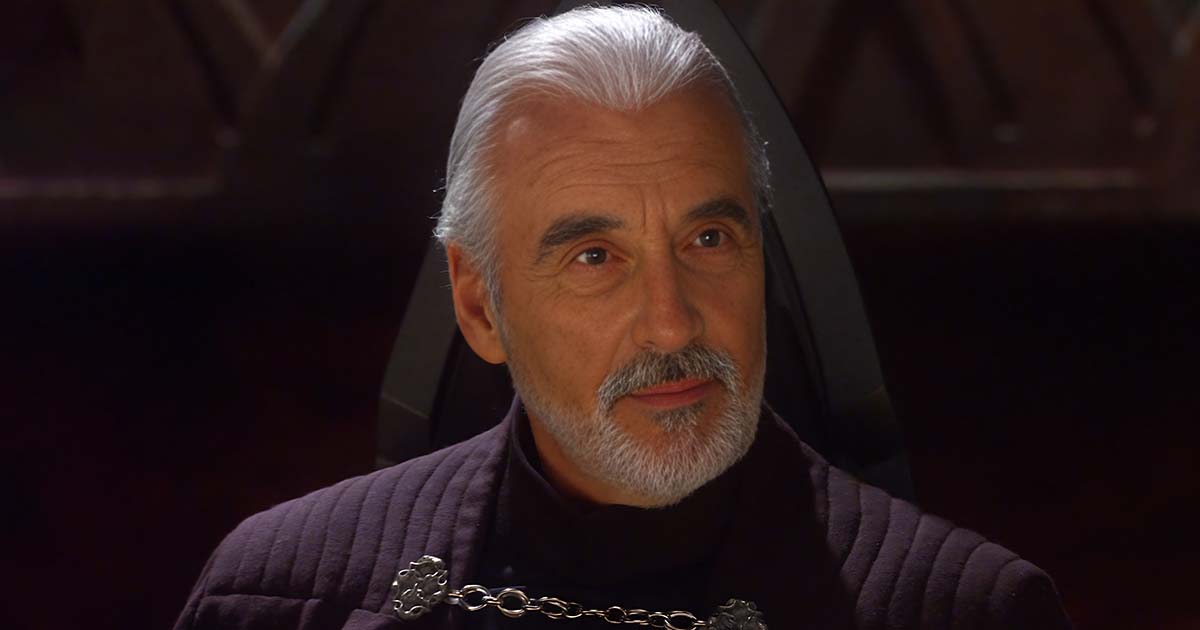5 Ways Why Hollywood Should Include Language Dialects To Elevate The Appeal Of Their Films

You might take that British or Minnesotan accent in your favorite film or TV show for granted, but that’s certainly not the case for whoever helms and writes a cinematic piece.
Different English accents, linguistics, and certain dialects in film and TV are always well-sought and exist for a reason. Take the TV show “Fargo,” for instance — without the signature North Dakota, Minnesota accent, the show would be half-done. It won’t have the beauty it does for so beautifully capturing the depth of the characters who speak them. The fact is, language dialects and any intricacies around them mean a lot more to a show than many give them credit for.
It’s a topic less talked about, so in this guide, we’re going to break down how different languages, dialects, and linguistic intricacies elevate the appeal of Hollywood films in more than one way.
Trending
Language Can Add Depth and Authenticity to a Film/TV Show
Dialects can lend authenticity to a film’s world. The Dothraki language in “Game of Thrones” feels ancient and real, resonating with the nomadic culture it represents. But why is it so? Because it’s an actual language created especially for the “Game of Thrones” series. It comes with its own unique set of phonological, grammatical, and syntactical rules.
Developed by linguist David J. Peterson, Dothraki was crafted to represent the fictional nomadic warrior culture in the series authentically. It’s a complex language with its own vocabulary and structure, which adds a sense of realism and depth to the series overall.
It Has Helped Create Believable Alien Creatures Over the Years
In sci-fi, dialects like Klingon in “Star Trek” and Na’vi in “Avatar” are meticulously crafted, reflecting the cultures they represent. The roars in “Avatar” by the Na’Vi people are unique. Klingon’s complex grammar and agglutinative structure, for example, also offer a window into a warrior culture. We’ve also seen several more characters stand
out in series like “The Orville” — just because of how different and unique they sounded.
The Appeal of Period Dramas Improves With Period-Appropriate Dialects
British English in period films and TV series like “Pride and Prejudice” or “Downton Abbey”, and even “Peaky Blinders” often attract audiences. The use of period-appropriate dialects and accents helps create an immersive experience. Some fans actually love it as it takes viewers to a different time and place and makes the characters more distinctive and memorable for them.
Linguistic Complexity Also Contributes to Narrative-Building for Literature and Cinema
Tolkien’s Elvish language in “The Lord of the Rings,” influenced by Welsh and other languages, showcases philological genius. This linguistic depth adds layers of history and culture to the film’s universe and contributes to the overall narrative of the film in a great way. The concept of it is similar to Dothraki, but the point is — that the linguistic intricacies have their way of elevating cinema in a subtle manner that nobody really notices, but actually, it makes a grand impact.
By Evoking Certain Emotions and Binding Audience Attention
The use of specific dialects can evoke certain emotions and atmospheres. For instance, the signature British accent is often labeled as “sexy.” Give a man a suit and a British accent, and the pop culture will make you believe he’s a spy.
In each case, the use of specific dialects or languages not only enhances the storytelling but also engages the audience on a deeper cultural, emotional, and psychological level — technically rendering the films and TV shows more appealing and memorable.
Follow Us: Facebook | Instagram | Twitter | Youtube | Google News
The post 5 Ways Why Hollywood Should Include Language Dialects To Elevate The Appeal Of Their Films appeared first on Koimoi.
from Latest TV News & Gossips | Hindi Serial, TV Celeb News & Updates | Koimoi



No comments